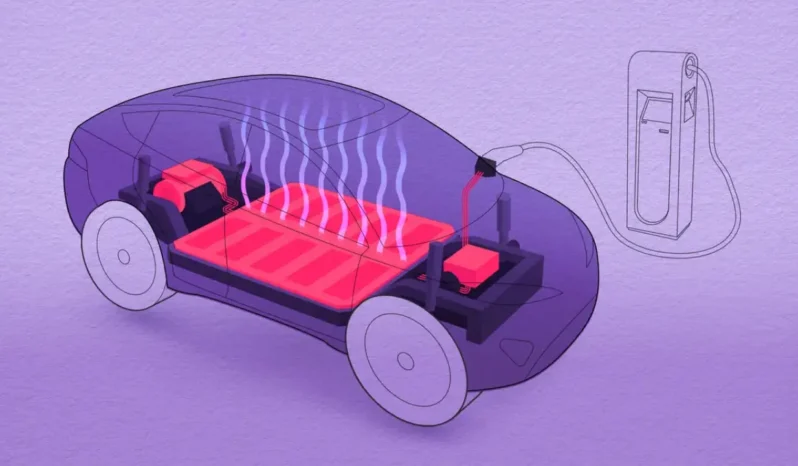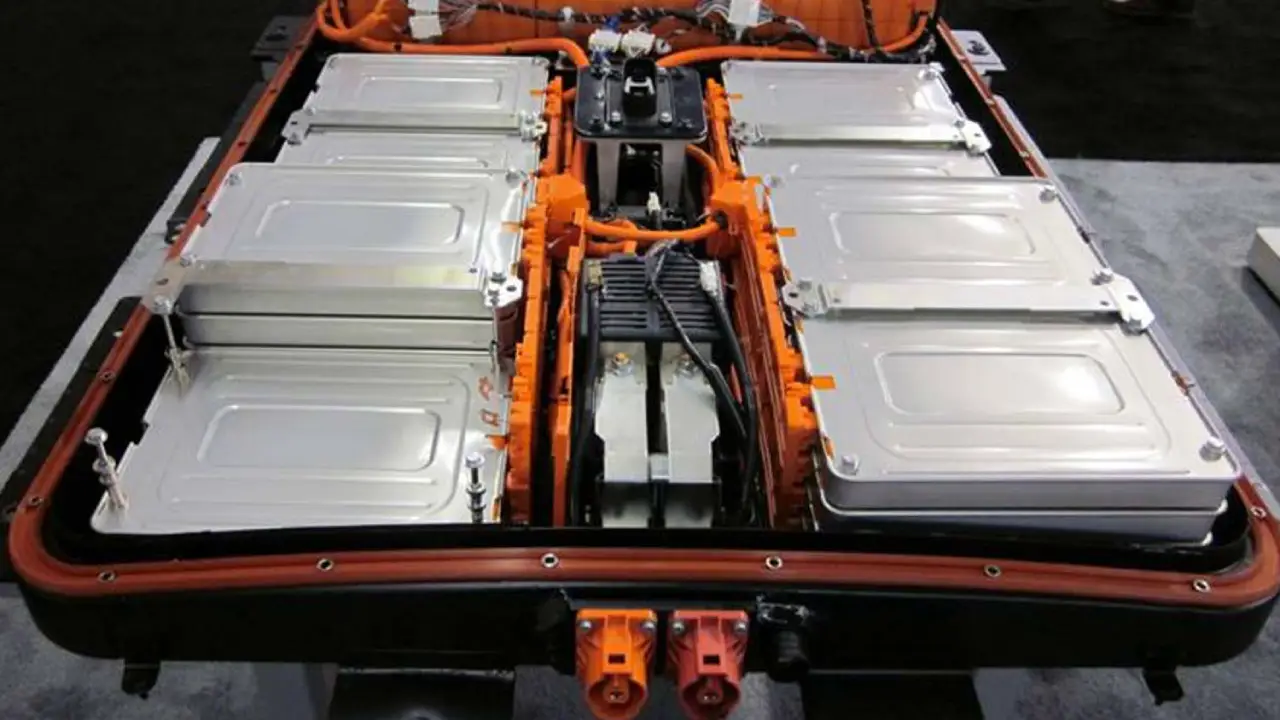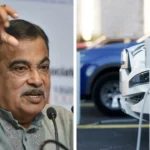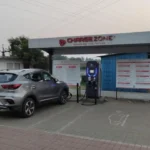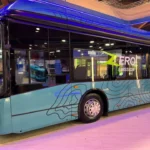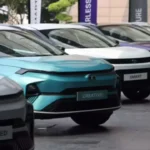As EVs are increasingly seen on Indian roads. The Pre Owned EV market is gaining traction in the background. For several buyers in Delhi, Mumbai, and Bengaluru. A Pre-owned EV represents an attractive combination of thriftiness and eco-friendliness. But one question hangs precariously in the air. How many years will the battery hold out? What implication will that have on the actual value of a second-hand EV?
Key Highlights for the Pre Owned EV Buyers
- Always check the state of health of the battery prior to buying.
- Consider local climate and usage habits when making battery life assessments.
- Take advantage of certified programs and government incentives.
- Be aware of new battery technologies and replacement alternatives.
The Battery: The Heart of Every Pre Owned EV Purchase
In contrast to conventional vehicles, with engine wear and tear being the primary issue. The battery pack is the most important and expensive unit in an EV. Battery condition has a direct impact on range, performance, and resale value. The majority of new EVs sold in India come with lithium-ion batteries that are engineered to last:
- 8–10 years or 100,000–150,000 km before substantial deterioration
- 80–85% battery capacity retention after 8 years, as per industry statistics and manufacturer guarantees
- 8-year battery warranties by top brands, which are usually transferable to subsequent owners
Battery life has little to do with years or kilometers traveled. Actual in-use performance relies on a host of factors specific to the climate and usage in India.
Factors that Affect Battery Life in Indian Conditions
Indian EV owners have a unique set of challenges that can hasten the decline of the battery:
- High Temperatures: Long-term exposure to heat. Particularly in northern and central India, can shorten battery life.
- Frequent Fast Charging: Frequent application of DC fast chargers may strain the battery in the long run.
- Irregular Charging Patterns: Typical because of inadequate infrastructure, may affect battery health.
- Urban Stop-and-Go Traffic: Aggressive acceleration and braking. Characteristic in Indian cities, may affect battery cycles.
Navigating Pre Owned EV Markets: What Buyers Should Know
With these factors in play, how can a buyer have confidence in buying a used EV? The market is changing, and so are the tools buyers have at their disposal:
- Request a Certified Battery Health Report: Some OEMs and independent shops now provide diagnostic tests. They report the battery’s state of health (SoH), charging cycles, and capacity remaining.
- Check Warranty Transferability: Some manufacturers allow battery warranties to be transferred to the new owner.
- Review Service History: A well-maintained charging and service record is a positive sign of battery care.
- Negotiate Price Based on Battery Health: The cost of potential battery replacement (often ₹5–10 lakh) should factor into your negotiations.
Market Innovations and Policy Support
The Indian EV market is addressing battery durability issues with a slew of innovations:
- Certified Pre-Owned Programs: Tata and MG are testing certified used EV programs with open battery health checks.
- Battery-as-a-Service Models: Organizations are testing battery leasing and swapping. Weakening the need to own batteries.
- Government Incentives: Maharashtra and other states provide subsidies for pre-owned EVs. Improving their appeal to buyers.
- Growing Charging Network: Public and private charging infrastructure expansion is becoming increasingly easier to sustain battery health.
The Road Ahead for Pre Owned EV Markets
The Indian pre-owned EV market is expanding more than 15% a year. On the back of declining prices, Increasing fuel prices, and environmental concerns. With maturation of technology and greater transparency, concerns over battery life will reduce. Savvy buyers who research and use available tools can experience electric mobility without surprises.
ELCTRIK Speaks
Battery life continues to be the determining criterion for the value and integrity of used EVs in India. By arming oneself with the right data and exercising prudent judgment. The buyer can make a supposedly risky prospect a good, eco-friendly investment. As the market continues to evolve, the second-hand EV is going to be not only an acceptable alternative. But a popular choice among India’s future drivers.

